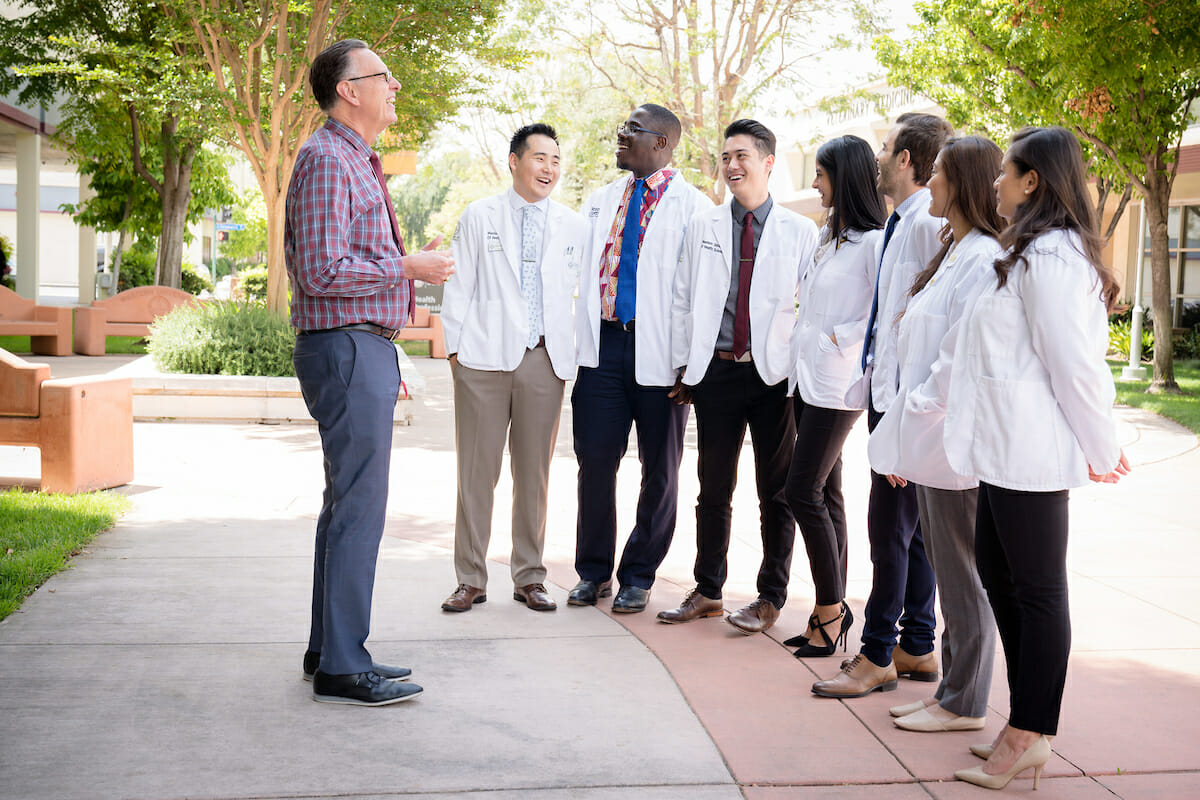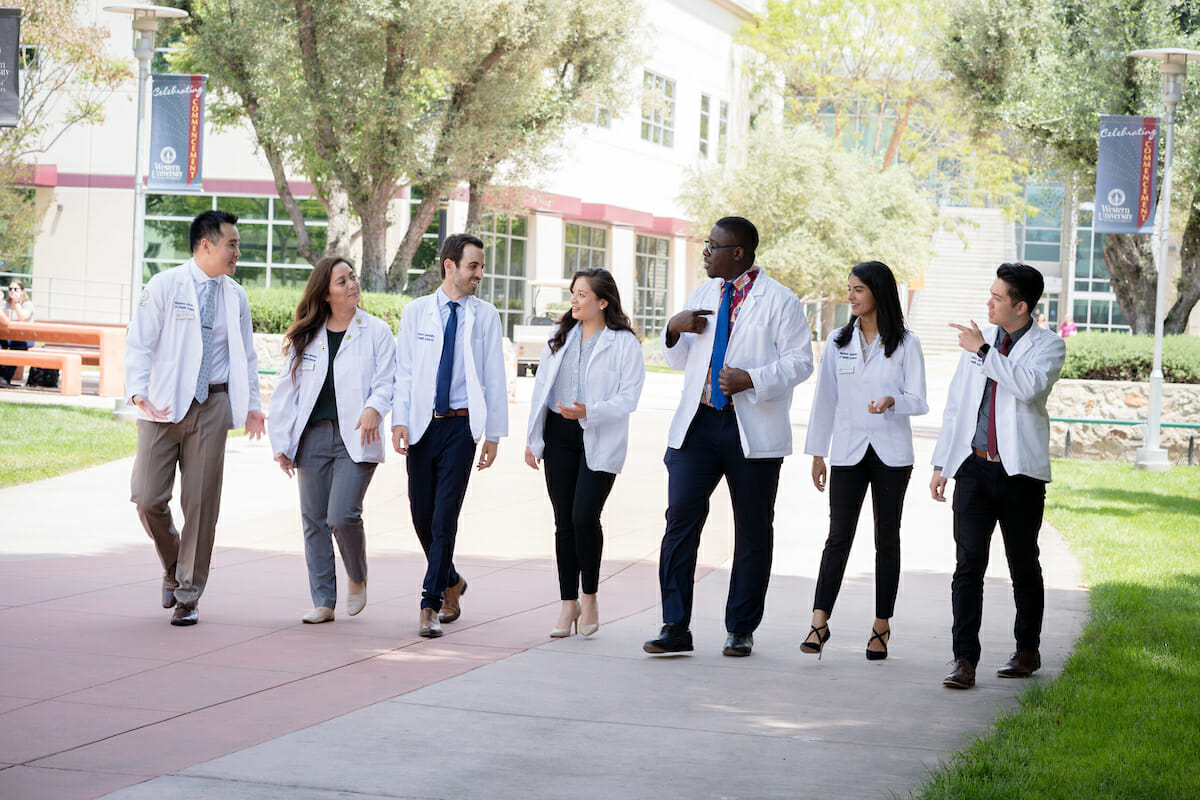
International Applicants
International Applicants
An international applicant is defined as an applicant who is not a United States citizen or permanent resident of the United States.
International applicants are required to meet all requirements for admission. For a complete list of admissions requirements, please refer to the Apply Now section of the Prospective Student Website.
- If an international applicant is currently enrolled in a foreign medical college or other health professions programs, no part of that medical or health professions curriculum can be used to fulfill any part of the College’s academic requirements for granting a Doctor of Osteopathic Medicine degree.
- Foreign medical graduates are not eligible to apply for advanced standing into the program.
- Prior to an acceptance of an offer of admission, international applicants are required to schedule a meeting with the chair of the Admissions Committee or their designees within three days of notification of an offer of admission. They are also required to review and sign the Resource Document provided by the Admission Office as part of their acceptance process.
Due to external regulatory requirements, application from international applicants will be considered for the COMP (Pomona, CA) campus only.

Acedemic Program Options & Requirements
All foreign transcripts must be evaluated course-by-course with letter grades, pass/fail, or credit/no credit, and must specify which courses are considered undergraduate, graduate and professional. Select the program link you are interested in for more information and program requirements.

Applicants with NON-US CITIZENSHIP
Pre-clerkship Years:
You must continuously maintain your F-1 visa status.
We encourage all International Students to meet with the COMP Office of Career and Professional Development in their first year of school to begin to better understand your long term goals.
Clerkship Years:
You must continuously maintain your F-1 visa status, and during your senior year, it is your responsibility to contact the Director for International Student Relations to secure an F-1 OPT visa to cover your first postgraduate residency year.
If you wish to schedule clerkship elective rotations at facilities that have residency programs in countries outside the US, this requires approval from three individual entities (1) a host facility, (2) the Department of Clinical Education, and (3) a sponsoring in-country medical school (if required). Obtaining such approval can take 6 months or more; if you are interested in these opportunities begin making arrangements early.
Applying for Residency Outside the US:
Each country, and Canadian province, has unique requirements regarding the acceptance and training of osteopathic medical residents within their jurisdictions. It is the responsibility of the student to examine, understand, and satisfy those requirements.
You can begin the process of understanding these requirements now by exploring regulations posted on country websites.
Applying for Residency in the United States
The F-1 OPT visa covers your first postgraduate residency year. Prior to the second year of your residency training, you must obtain a visa which will allow you to continue working legally in the United States. Among the visas that may be available to you, two of the most commonly applied for include: the J-1 visa and the H-1B visa. Regardless of which is obtained, it is your personal responsibility to remain in legal immigration status throughout your residency training while in the United States.
The J-1 visa requires the successful completion of Steps 1 & 2 of the USMLE prior to application.
Every residency program handles the visa status on non-citizen resident candidates with its own unique procedures. Due to these important differences, you must contact the medical education office at the residency program for the most up-to-date information for that hospital system.
Not every residency will want to take the responsibility to sponsor a J-1 or H1B visa resident. For this reason, your opportunity to match/place into a residency will be limited and there is significant risk that you will not be able to complete your postgraduate residency training requirements and never be able to practice medicine.
If you complete residency in the United States and wish to return to your home country to practice, you should contact your home country early. Each country has differing regulations regarding licensure of DO physicians and specialty practice rights.
Office of Career and Professional Development
WesternU/College of Osteopathic Medicine of the Pacific
CompPomonaCareer@westernu.edu

